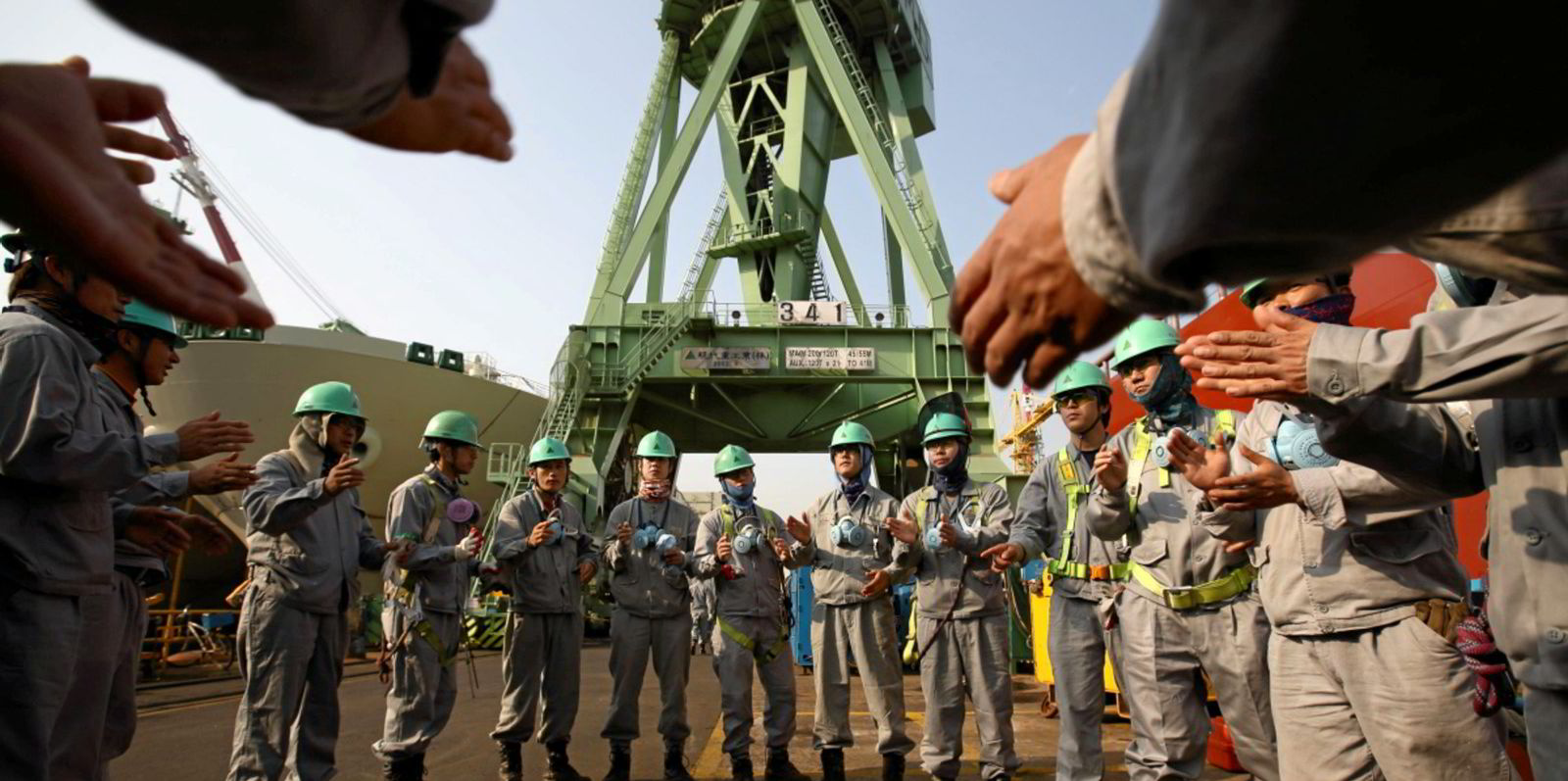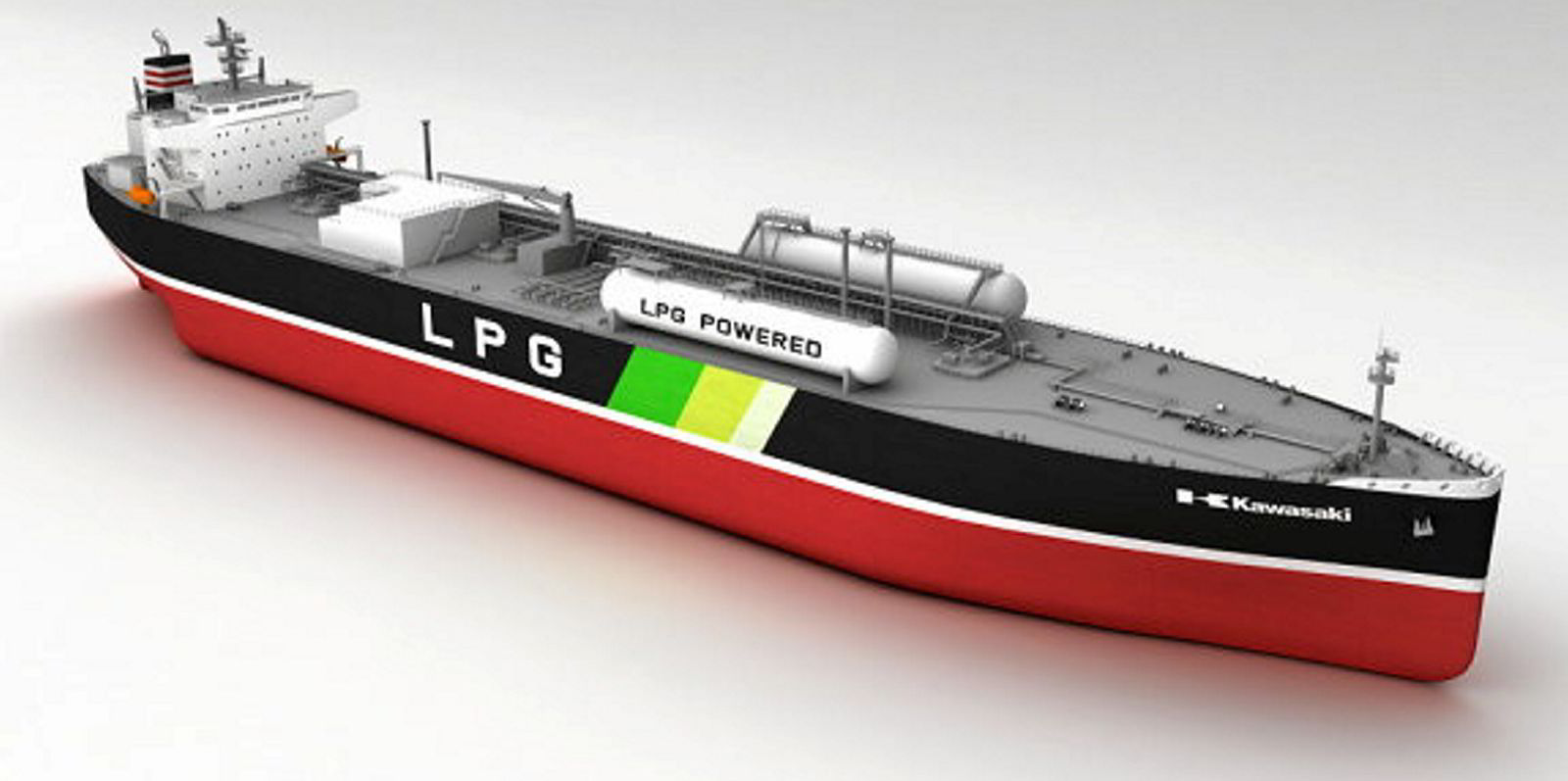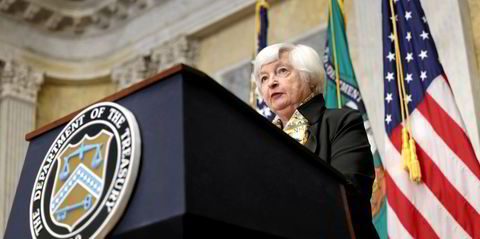Analysts are predicting further falls for VLGC spot rates after daily earnings dropped back below cash break-even.
Cleaves Securities head of research Joakim Hannisdahl pegged rates at $17,000 per day on Friday last week, down 27% on the week, and well below break-even at $22,000 per day.
He said the LPG price differential between the US and Asia remains unsupportive for arbitrage opportunities.
Rates are already approaching last summer's lows of $10,000 in a very volatile market that saw earnings spike to $114,000 per day at the start of 2021, as vessels were delayed in the Panama Canal.
"Spot rates could potentially fall towards opex [operating expenses] around $7,000 per day," the analyst said.
The Baltic VLGC index closed on 12 February at $38.14 per tonne, or $19,409 per day, down 0.8% on the day and 79% over a month.
Lunar lack
Fearnley Securities said the big gas carrier market continues to decline on the back of reduced spot enquiries as Asian lunar holidays begin.
Analysts Espen Landmark Fjermestad, Peder Nicolai Jarlsby and Ulrik Mannhart said limited volumes coming out of the Middle East Gulf had left surplus tonnage for upcoming fixing windows.
And they do not see this changing in the next week.
"The Western market has also been quiet this week, although the overall supply/demand balance here remains more balanced," they said.
"As such, we would expect more vessels currently in the eastern hemisphere to be routed west to capitalise on the premium here."
Fearnley believes product differentials remain "challenged" due to limited support from Asia.
The investment bank calculated that the spot price for gas in Mont Belvieu, Texas, versus the two-month forward cost and freight (CFR) level, yields only $75 per tonne, which is essentially the current freight assessment, ahead of terminal fees, on a US to Asia voyage.
Clarksons Platou Securities said waiting time at the Panama Canal has been reduced since earlier this year.
"With the Arctic blast hitting America, higher domestic heating demand has not helped the price of propane and thus cut into arbitrage profits," added the firm, which is the investment banking arm of shipbroker Clarksons.
But Clarksons Platou added that higher oil prices are a strong driver in the market and should result in higher demand for propane as an alternative for naphtha.
Then there is the strong pressure from Opec to open the taps again, "which could bolster associated gas production and exports from the Middle East," the company said.






